Introduction
In an age where technology is evolving at lightning speeds, one of the greatest questions nowadays is the impact of automation on Employment. Do humans need to worry about future because of the rise of Robots and AI or will we find new avenues to co-exist alongside such intelligent systems? Let’s explore more about this, breaking down the impact of automation on the workforce and dispel common myths about machines replacing human jobs.
The Rise of Automation
The impact and use of Automation has been developing and adopted in every field and area from manufacturing to healthcare to finance to even simple day-to-day work. Machines are able to perform the endless repetitive work faster with high accuracy, in some cases even at a lower cost than human workforce. AI software has developed to a level where by performing simple routine tasks, It is able to interpret and comprehend all data and has the capacity to even develop new responses to complex problems. But the question still remains: does this mean that automation will eliminate the need for human workers entirely?
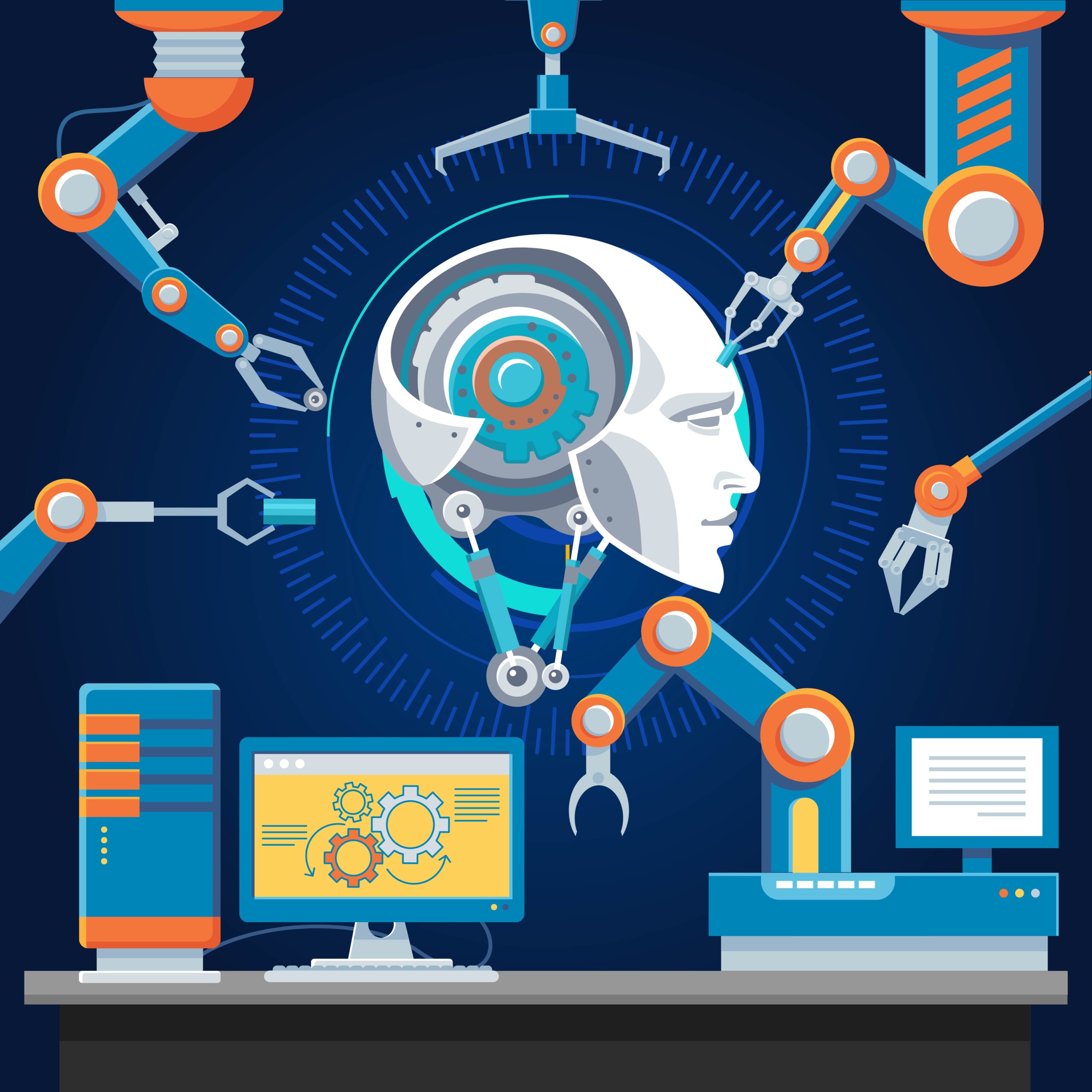
Machines: A Compliment, Not a Replacement
Automation is often viewed as a replacement to human workforce, it is crucial to understand that machines are meant to be an addition to the skillset of a human- not an absolute replacement to it. Certain tasks like complex problem-solving, creative thinking and emotional intelligence cannot be done by current technology. The future of work will probably call for collaboration between human and machines, where each could contribute towards their strengths.
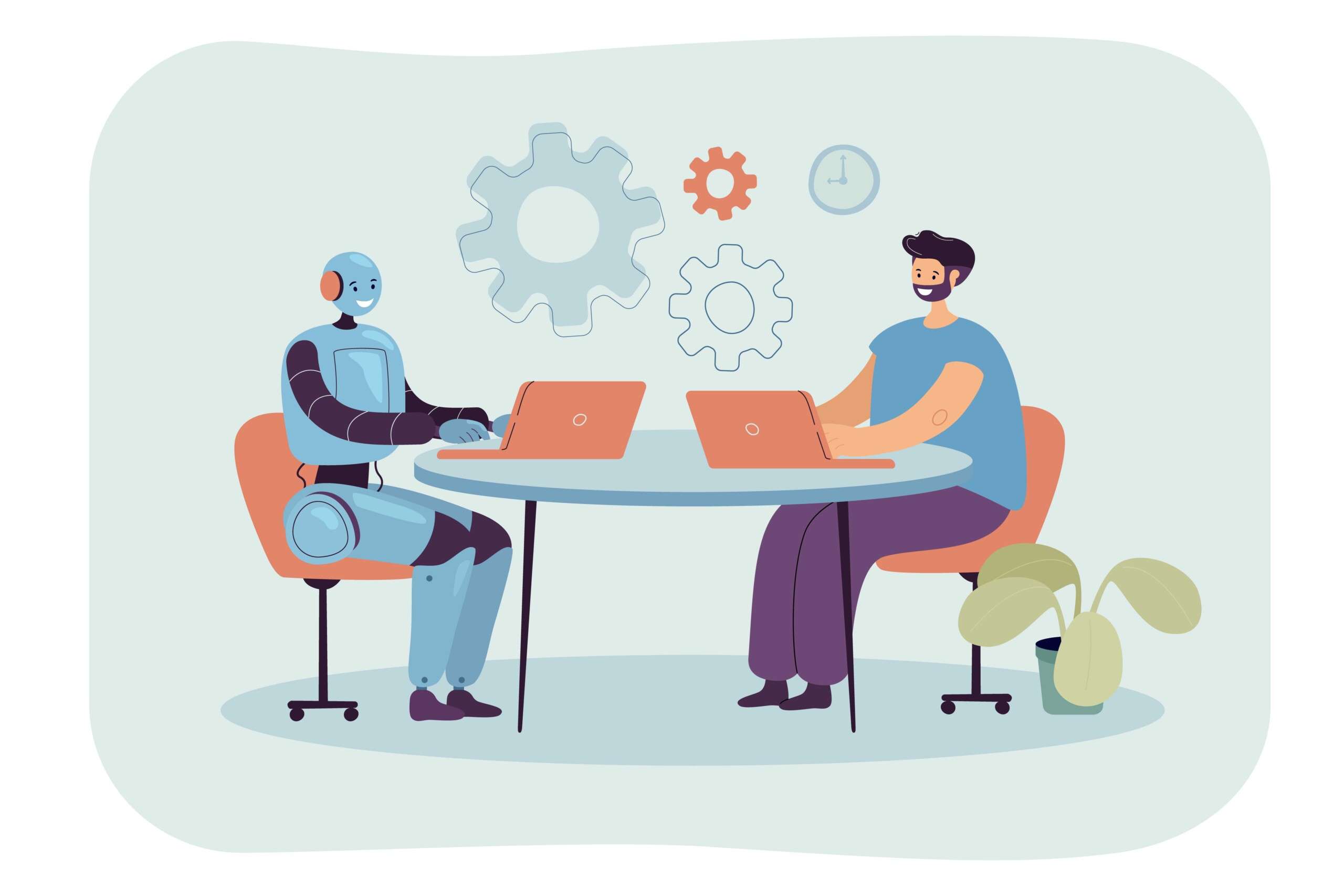
Consider the example of AI healthcare sector. While the machines can execute the data analysis and derive relevant conclusions, it is the responsibility of an experienced healthcare specialist to use the data and make the critical decisions, personalise the solutions, and engage with the patient. The scenario is very similar across a multitude of industries- the machine completes complex processes that are highly repetitive, offering the human a chance to engage in processes that require creativity, empathy, and strategic thinking.
The Shift in Skills
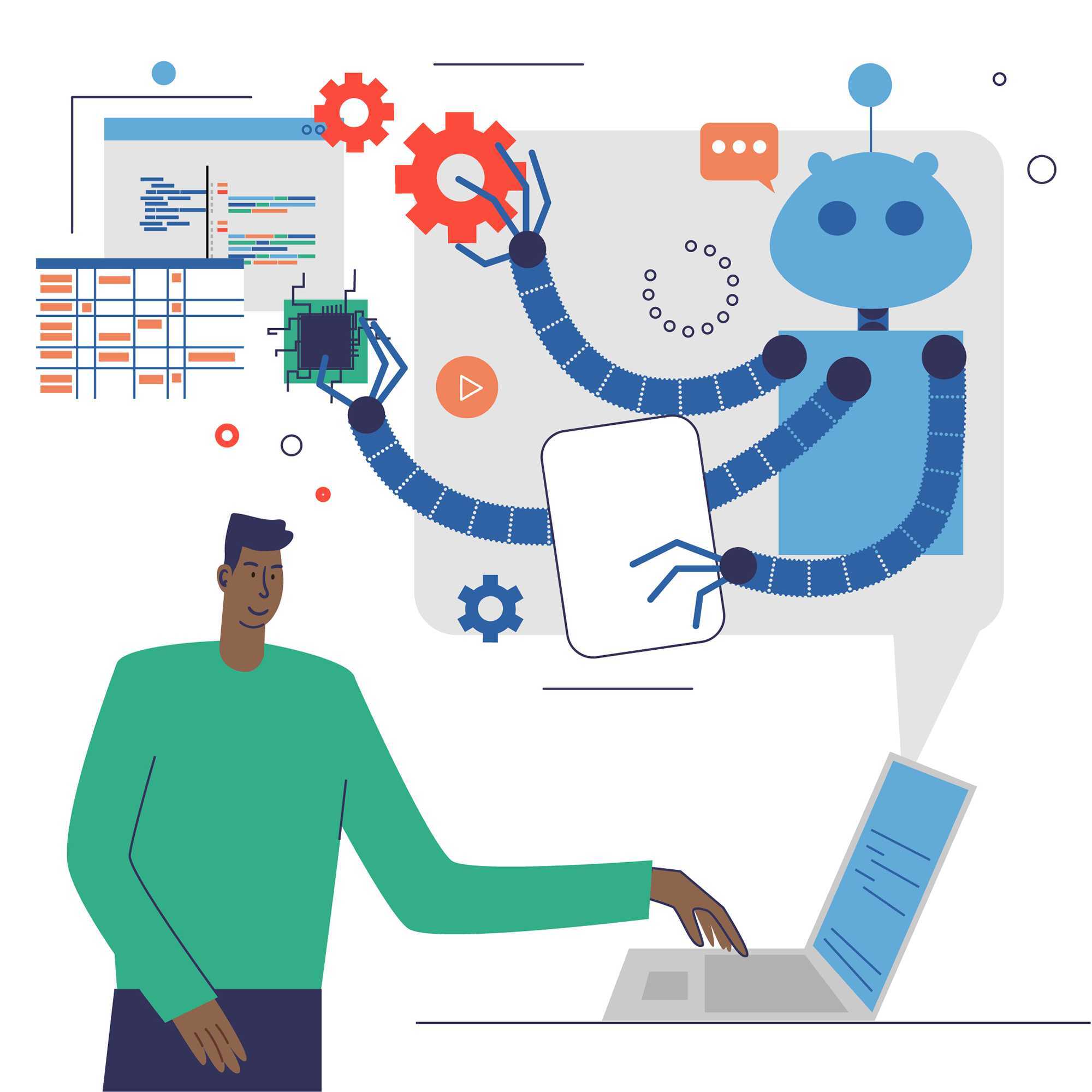
As automation continues, there will be a change in the nature of skills in demand in the global economy. Handcrafted, blue-collar positions will slowly be set aside in favor of roles that require greater proficiency in technology, the ability to think critically, and skills over a diverse range of disciplines. The World Economic Forum argues that as of 2025, 85 million roles will simultaneously be set aside, but 97 million new positions will be created, a number of which, will be in industries that haven’t yet surfaced. The most important thing for the employees will be adopting an approach that seeks to learn and develop new skills. The most successful people are those that are willing to change and learn new skills, especially in an age of increasing automation. Data-driven science, as well as artificial intelligence, machine learning, and robotics will be coupled with soft skills such as effective communication, teamwork, and initiative.
Automation’s Impact on Job Creation
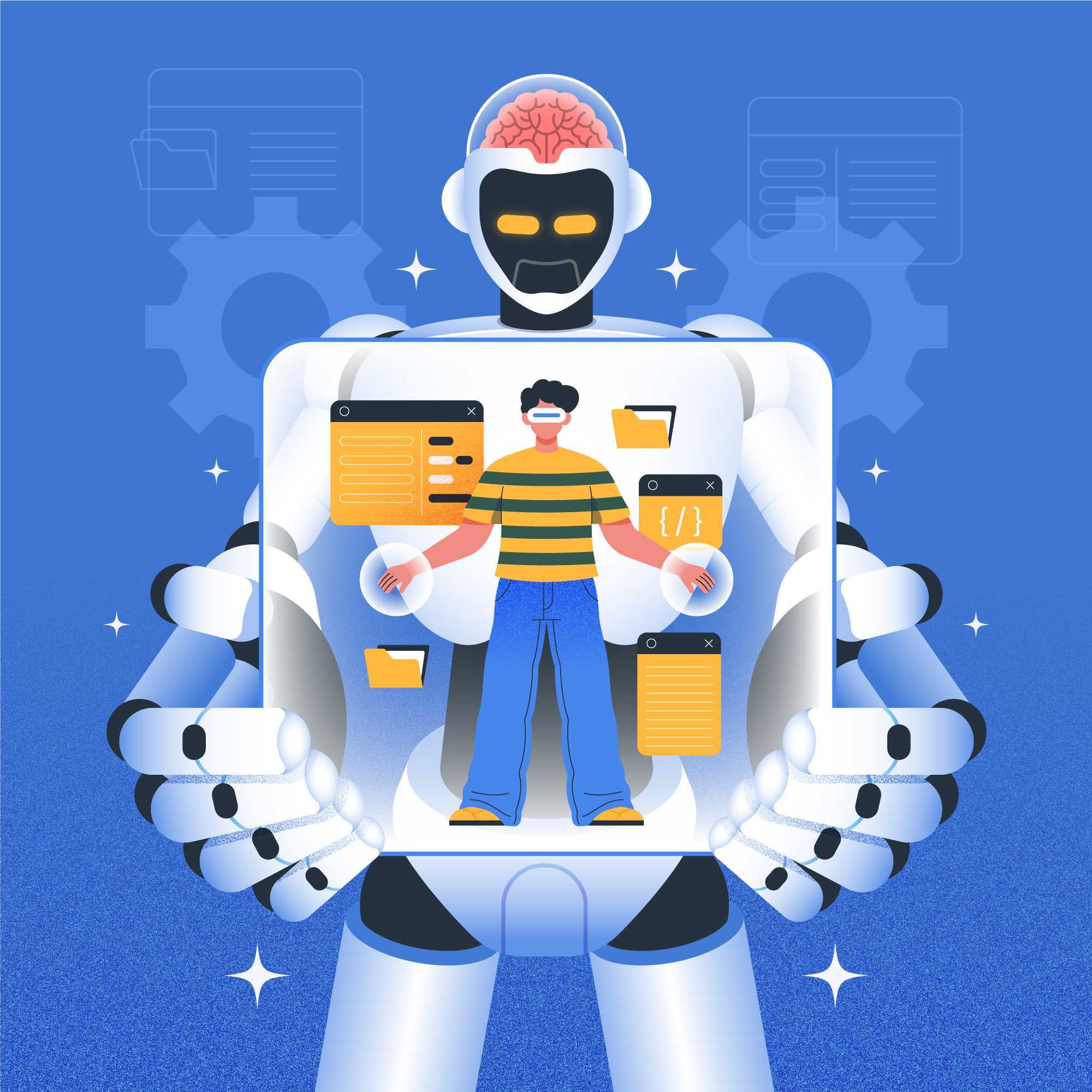
Most of the time the stories only tell about the loss of jobs. But a very few people focus on how this also has been generating new jobs as well. New technologies, as well as the automation of existing systems, greatly increase the need for designing, programming, servicing, and managing these systems. These are just some of the many opportunities that are available. In addition, many other industries, such as robotics, AI, and data analysis, have grown tremendously providing jobs on a global scale. The major problem that will have to be solved is of the relevant new education and training which the workers will need to take on these new challenges. To achieve this, the government, the industry, and the education sector must all work together to prepare for the coming revolution.
Conclusion
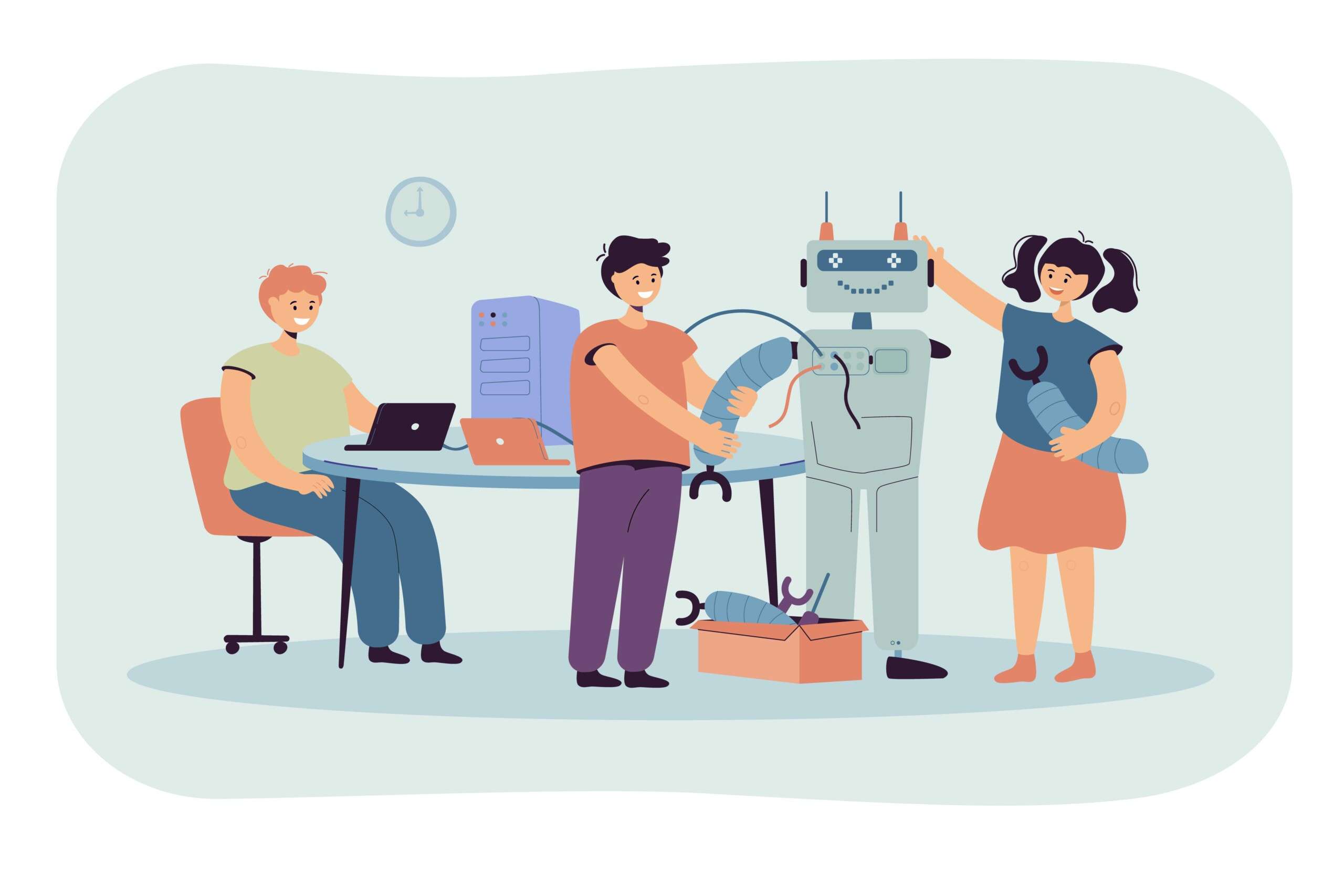
The changing world of work will not be driven by a single choice of humans versus machines. Rather, there will be a paradigm where machines will be used to extend the range of human capabilities, allowing workers to concentrate on tasks that are creative, require problem-solving, and used emotional intelligence. Each of these tasks on their own will be able to be accomplished by individual workers, and while a few will be lost in the process, countless others will arise and be created from areas that could hardly be imagined before. Embracing machines, and not fearing them, is the right approach, as their use will extend the range of human endeavors. A future will be possible which will combine the best aspects of human work with the use of machines to create a world where the use of machinery will foster innovation, positive social change, and a new shift on the meaning of work, all driven by the right balance of mindset and preparation.
Call to Action
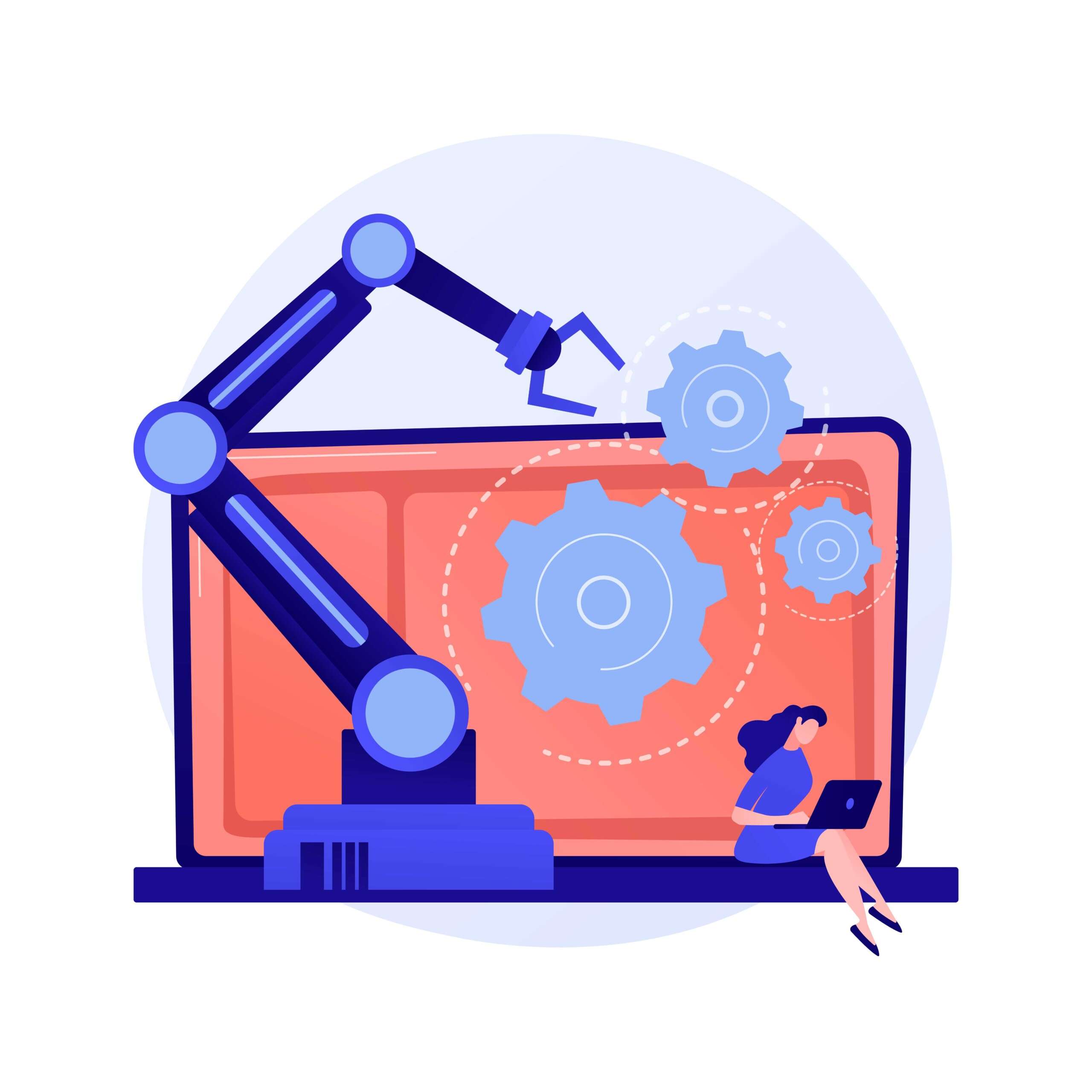
The future of work is already here, are you ready to embrace it? Focus on emerging technologies and learning new skills to stay ahead of the curve. Together, let’s create a world which will be beneficial to the co-existence of both machines and humans.










